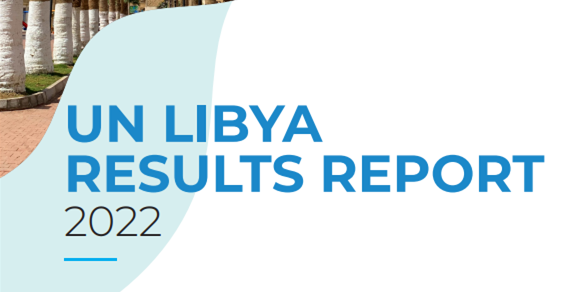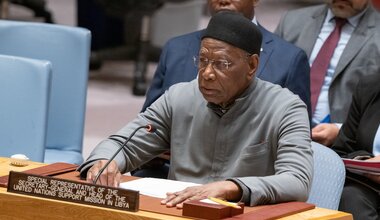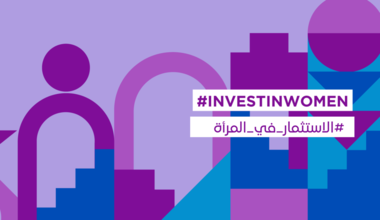Stabilization Facility for Libya Approves Rehabilitation Packages for Benghazi, Obari and Kikla
The UNDP Stabilization Facility for Libya Project Board met this morning in Tunis under the leadership of HE Dr. Taher Al-Jehaimi, Minister of Planning, and Mr. Ali Al-Za’tari, the Deputy SRSG and UNDP Resident Representative. The Board was attended by the Ambassadors or representatives of Canada, the EU, France, Germany, Italy, Qatar, Switzerland, the Netherlands, the United Kingdom and the United States of America. This was the third meeting of the Board, following the second one in late May at which the first three locations for interventions from the Facility were approved: Benghazi, Obari and Kikla.
The Board approved a package of rehabilitation investments in Benghazi which focuses on health and education services and human security, including interim measures to help with refuse and sewage disposal. The package will be delivered particularly in areas that formed the front lines in recent fighting, and where destruction has been especially severe. It was developed through a process of consultation with citizens of Benghazi, and reflects their priorities.
The Board also approved a package of rehabilitation investments in Obari, the second location approved in May. This will focus in particular on education and health services, centred on central Obari – an area where destruction was most severe and where all Obari’s communities can use the services provided. It will also rehabilitate the market at the entrance to the town, aiming to encourage the local economy as well as providing a boost to morale. These priorities too emerged from a consultative process; in Obari this involved the Municipality, the town’s Social Councils, and groups of Obari’s residents.
The Board was briefed on a preliminary assessment of the priority needs in Kikla, the third location approved in May. They gave provisional approval to a package focusing on education and health services and psychosocial support for Kikla’s youth. Final approval will follow after further community consultations.
HE Dr. Taher Al-Jehaimi said he was delighted with the progress of the Stabilization Facility for Libya. He welcomed the consultative process by which these packages had been developed, and endorsed their focus on basic services – especially health, education, and sanitation – and on addressing citizens’ priority requirements. He looked forward to swift implementation of these packages, demonstrating that the Government is meeting the practical needs of residents in these areas. He mentioned examples such as detailed consultations with senior figures from Kikla – residents and displaced alike – as instances of the Government’s commitment to the Facility both politically and practically.
Mr. Ali Al-Za’tari thanked the Libyan Government for their guidance and support in the progress made already. He expressed his appreciation for their and the member states’ engagement, and for the swift decision-making that has made progress possible.
The Board members also welcomed the progress so far, emphasizing the need now to drive forward implementation. They reiterated their desire to make sure that Libyans are aware of the Government’s achievements, and stressed the importance of effective communication of the Facility’s investments as they are delivered.
The Stabilization Facility will provide rehabilitation of critical infrastructure destroyed by conflict to improve basic service delivery. The interventions of the Stabilization Facility will be implemented by UNDP and will be selected based on needs assessment on the ground. The priorities will be jointly agreed among the Libyan Government, local authorities, civil society and affected communities.
 United Nations Peacekeeping
United Nations Peacekeeping UN
UN







